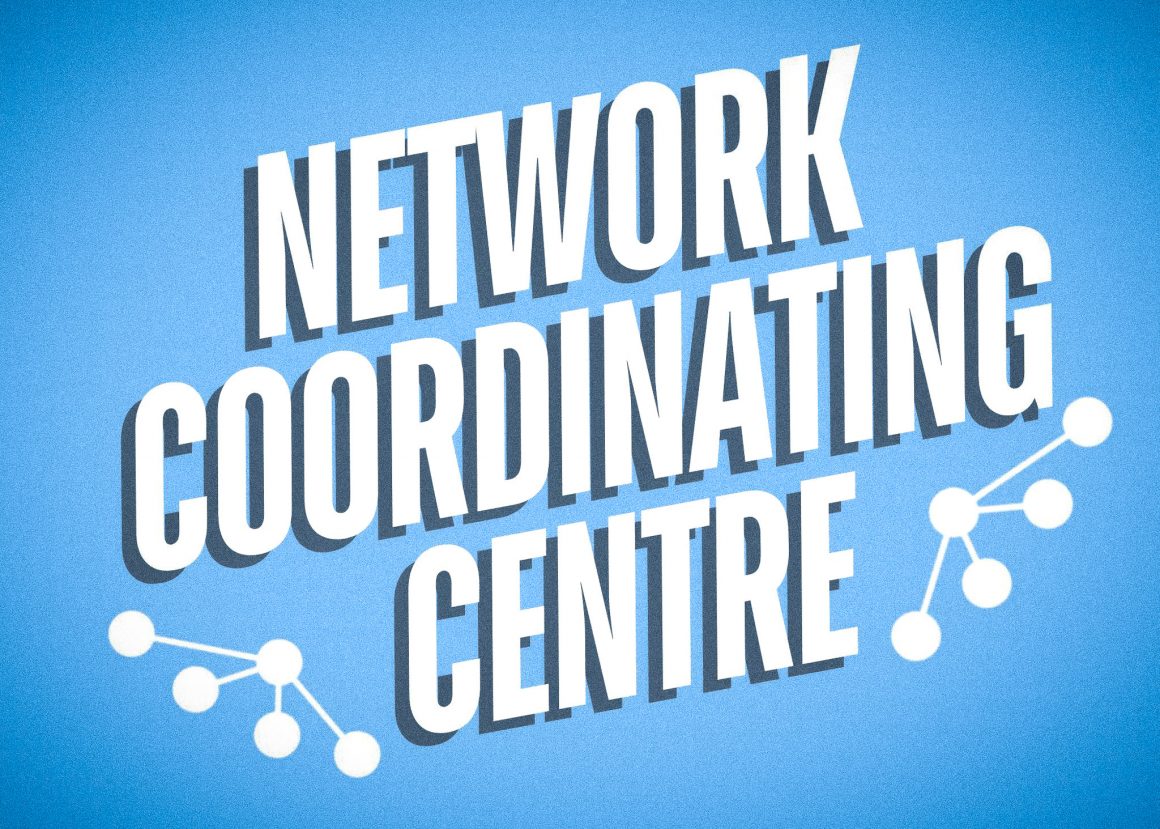
Network Coordinating Centre secures funding to enhance research in substance interventions
By Andreea Timis, August 27 2024—
As part of an initiative to ameliorate substance intervention research, the Canadian Research Initiative on Substance Matters (CRISM) is to create the Network Coordinating Centre. This federally funded program aims to enhance research related to substance use and establish guidelines for effective interventions.
In an interview with the Gauntlet, Dr. David Hodgins — a professor in the Department of Psychology at the U of C and the nominated principal investigator of the Network Coordinating Centre — spoke about the importance of this initiative.
“The model of CRISM is that researchers need to work in harmony with service providers, clinicians, policy makers and with people with lived experience if we’re actually going to make inroads in improving treatment of substance use,” Hodgins explained.
The funding dedicated to CRISM was awarded by the Honourable Ya’ara Saks — a Member of Parliament for York Centre in Ontario. Six million dollars were awarded in total — two million dollars were awarded to the development of an Indigenous Engagement platform led by Dr. Robert Henry at the University of Saskatchewan, which aims to enhance Indigenous engagement within CRISM by strengthening partnerships with Indigenous stakeholders. The remaining four million dollars went to the creation of the Network Coordinating Centre.
“We did some kind of national level collaborative projects with all of the [geographic] nodes. This new funding is really to ramp that part of it up,” said Hodgins. “We have existing funding for each node to operate, but this new funding is really to enhance our ability to do national level projects, and really [just] to work together nationally.”
Hodgins explained that the Network Coordinating Centre aims to establish four core platforms, which he refers to as the goals they wish to accomplish. The first two relate to training activities for students and the development of guidance documents covering clinical guidelines.
“We want to have more connection among the [geographic] nodes and opportunities for students to go to different places, we want to have some kind of joint training activities. It’s really to have a national level student training component to what CRISM does,” Hodgins said.
“One thing we have done […] is we’ve produced a number of sets of clinical guidelines that are aimed at practitioners that are really evidence-based. [They] really focus on what can we say from our research perspective about the best way to handle problems?” Hodgins continued.
The third and fourth platforms focus on knowledge mobilization and conducting clinical trials.
“How CRISM is organized is the notion that any research that’s produced needs to be communicated to people who can make good use of it,” said Hodgins. “[And] the [fourth] platform is about the conduct of clinical trials. So expertise to help other groups or help ourselves develop these multi-site, large, randomized clinical trials.”
Hodgins described that reducing stigmatization around and increasing awareness of substance use is a crucial goal the Network Coordinating Centre aims to achieve. As an example, the former CRISM title used to be Canadian Research Initiative on Substance Misuse, which was instead changed to “Matters”. Hodgins revealed that “misuse” was a mischaracterization that emphasized an individual’s responsibility in how a substance is being used.
“When we formed CRISM, substance misuse was a term that was used really in reaction to the fact that substance abuse was considered pejorative,” Hodgins said. “We try to be sensitive of [destigmatization] and increase awareness of substance use matters. And that’s part of a wider trend towards some sensitivity around the issues.”
When asked about what role the federal funding will play in improving substance interventions at the U of C, Hodgins talked about iPATH — an initiative separate from CRISM that brings together individuals across campus involved in work or research related to substance addictions. Similarly to the Network Coordinating Centre, iPATH aims to find ways to improve outcomes from substance use disorders.
“The current treatment system is pretty complicated and fairly uncoordinated, and we don’t do a good job of measuring how well people do as they move through the system,” Hodgins said. “And so, we’re coming together to try to address that. CRISM is [already] kind of doing that within each [geographic] node and nationally, but the same kind of process is happening at the University of Calgary specifically.”
Hodgins spoke about future opportunities for students to be involved with what the Network Coordinating Centre aims to accomplish. While specific opportunities within the Network Coordinating Centre are still under development, students are welcome to try to involve themselves in any research with faculty members and even have the opportunity to join CRISM through their website.
To learn more about the Network Coordinating Centre and opportunities for student involvement, visit the CRISM website.
